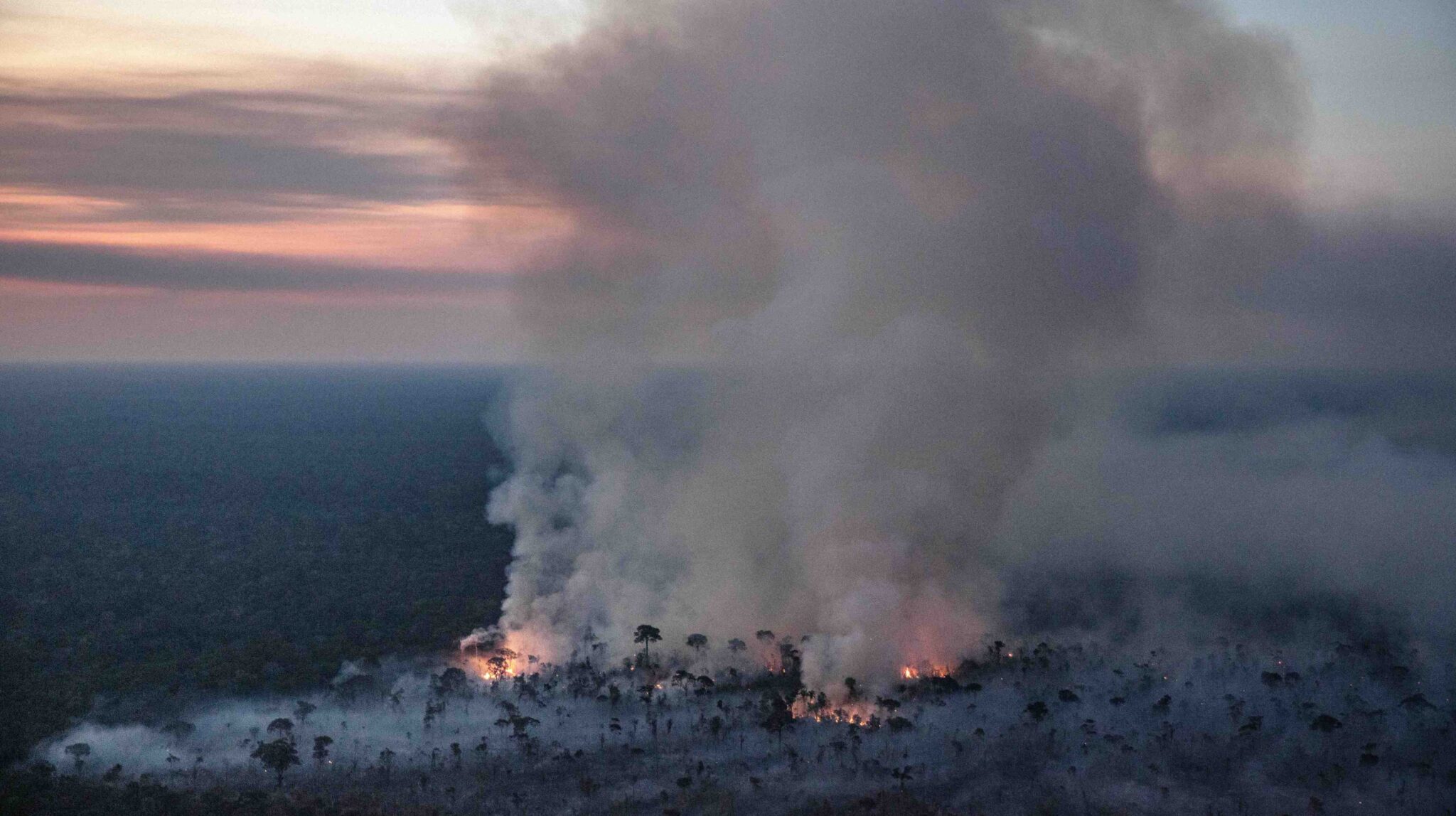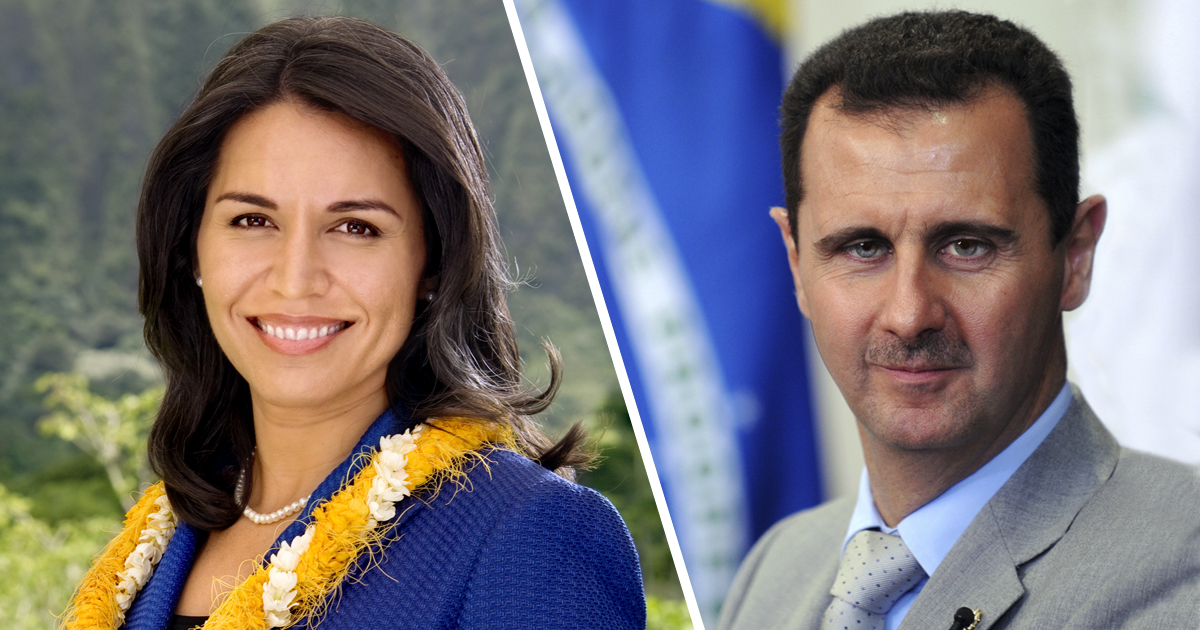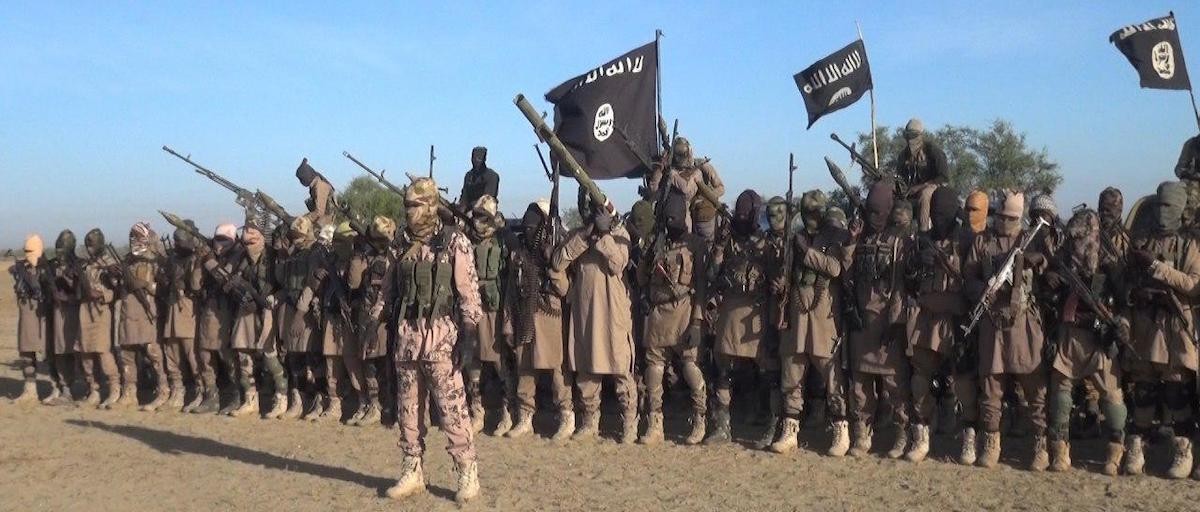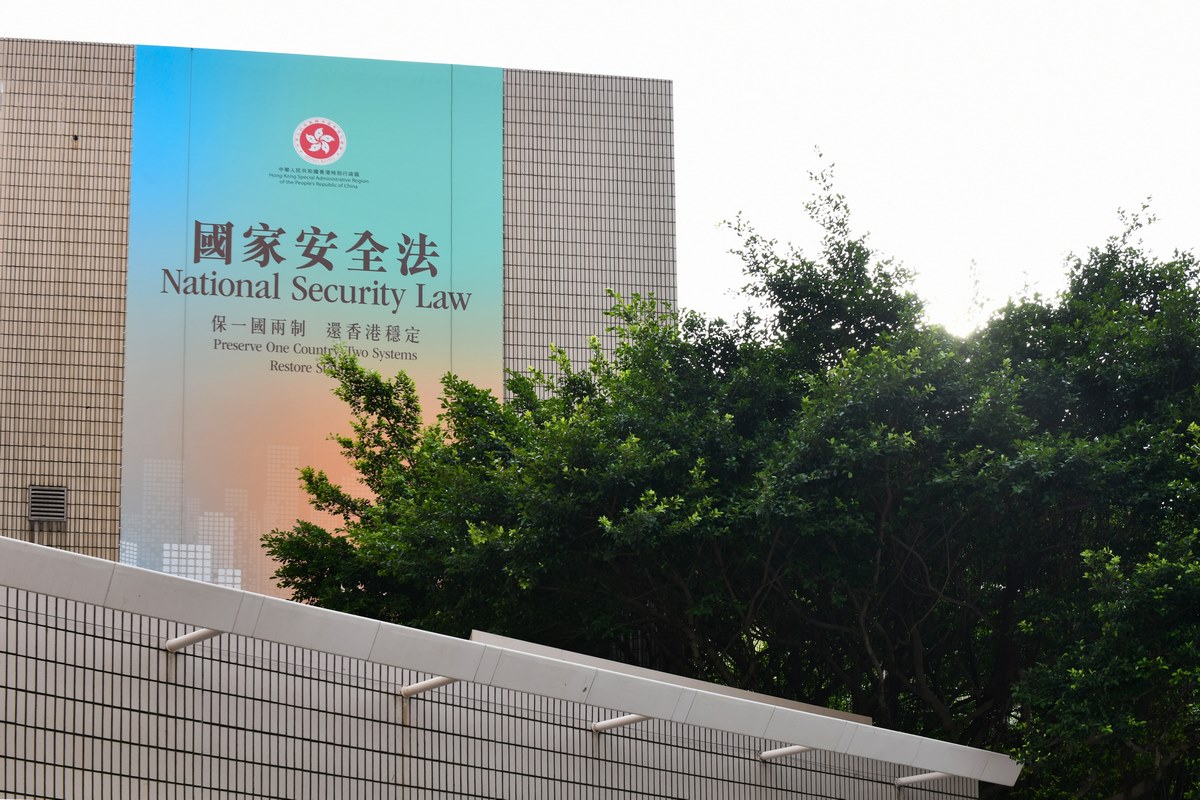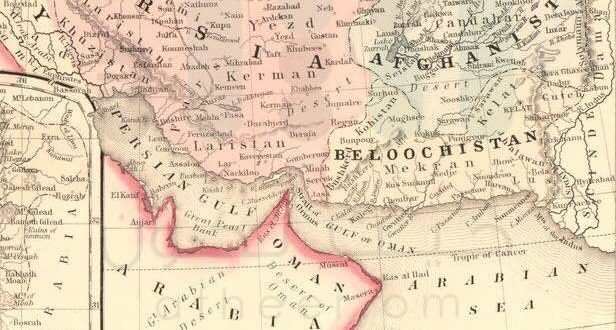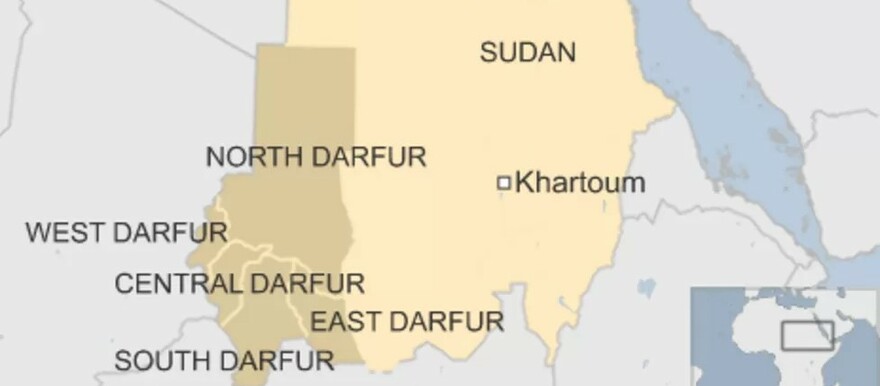
Sudan: Fur leaders reject RSF-backed ’emirate’
Leaders and activists from the Fur people in Sudan’s Central Darfur state voiced their rejection of the Rapid Support Forces’ establishment of a new “emirate” in the ethnicity’s traditional territory for an Arab group that has migrated from the neighboring Central African Republic. They warned of an agenda of demographic change and the empowerment of outside groups at the expense of the indigenous population. The response came after platforms affiliated with the RSF published a video of a celebration held by a group called “Awlad Baraka & Mubarak,” marking the establishment of the “emirate.” RSF Brig. Gen. Mohamed Adam Bangoz addressed the event. (Map via Radio Tamazuj)




